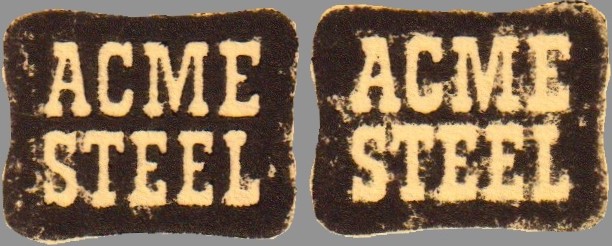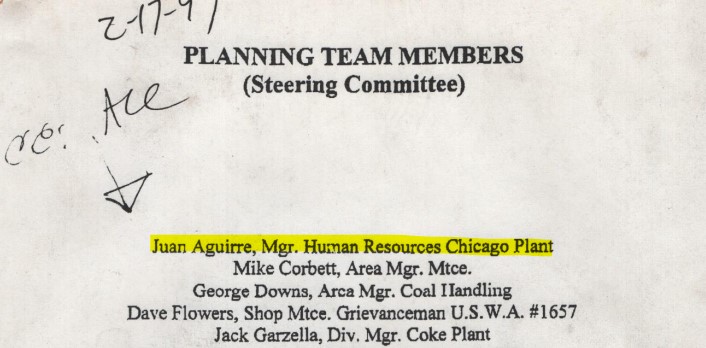How did you come to work at Acme?
I worked at Acme from 1990 until it closed. I had worked at USS in Gary in Labor Relations/HR for 15 years before coming to Acme. Jerry Shope, Richard Stefan and Joe Dula recruited me from USS. Working at Acme were some of the best years of my career. I worked at the Riverdale Plant from 1990 to about 1996. The last 4 years were at the Chicago Plant as HR Manager. My office was in the Burley Plant, which is the Blast Furnace plant. I was the HR Manager for the Chicago Plant and at the very end I was helping the Riverdale Plant as well.
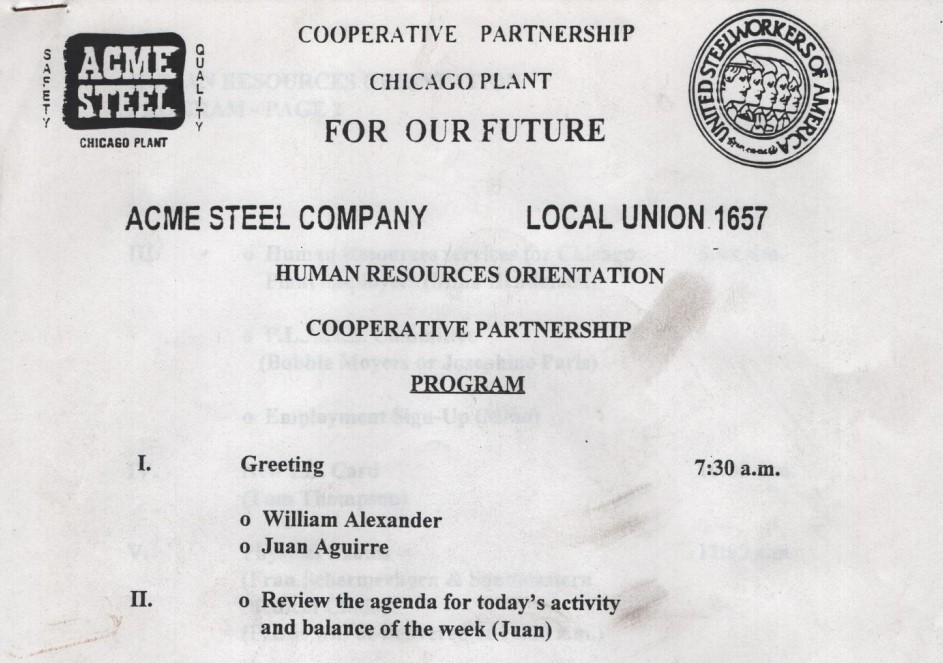
What was the culture like at Acme?
Acme is by far the best place I ever had the pleasure of working. Absolutely great people all the way around. I really enjoyed the annual golf trips to Myrtle Beach with hourly and salaried employees. People were very supportive of each other despite our problems. The last six months were heartbreaking because of the departure of all the employees. I could mention names, but I would be here typing for days. And all those names, the most that I remember are their faces. Overall, people were amazingly accepting because the writing was on the wall, mainly because of the depressed economy around all of us, at that time.
How did things change as you approached 2000?
The last three years were very difficult due to the financial and economic factors out of Acme’s control. Certainly, Acme’s equipment needed financing to revitalize all the facilities. The caster was supposed to be the golden ticket.. After bankruptcy ISG bought the caster and other facilities for $60 million which is a steal when you factor in the $200 million financing Acme paid. Sometimes things are a matter of timing.
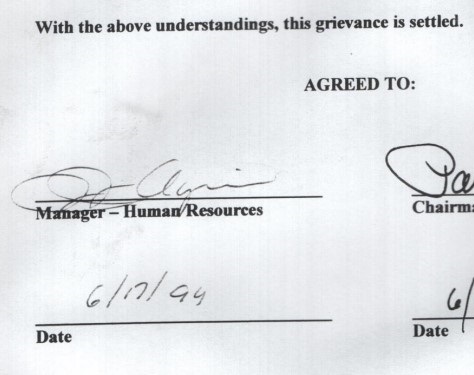
There are a lot of different theories on what factors contributed to the bankruptcy. What did you think of Doug’s thoughts?
Doug Podgorny has a valid point on the developments in the last year. Some were merited and some were not. Suffice it to say, the banking community would have supported the investment in the Chicago plant, had it not been for 9/11.
I still remember standing outside at the Riverdale Plant looking up at the sky and not seeing any airplane traffic. As you know, the Riverdale Plant is in line with Midway. That day most of us knew, at that time, Acme’s heartbeat was pulsating slower. Our eggs were all in one basket, which helped the airline industry and other related high carbon products.
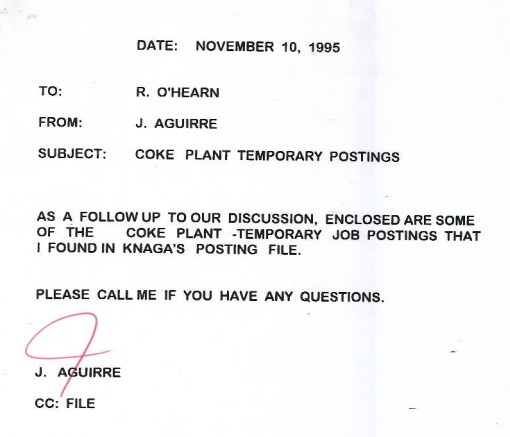
Why did 9/11 effect Acme’s steel business?
The demand for high carbon alloy steel was no longer in existence after 9/11. It drove the nail much further than people had any idea. Had it not happened, the payoff for the caster would have produced funding to help the Chicago Plant’s money woes.
Acme was not the only one – fourteen other steel companies shut down after 9/11. It hurt everyone, including the South Chicago community. The decision making once the writing was on the wall had to be made. There is only so much money you have and once it runs out, there is no more. The only people remaining are the bankers looking to recover their loans from the available assets. And that is exactly what happened once the Riverdale Plant was sold – the “blue light special” was on.
